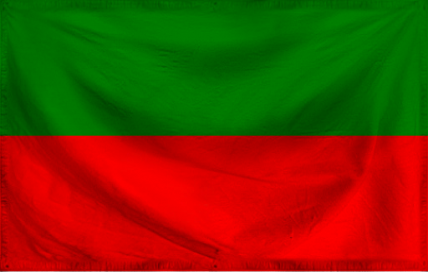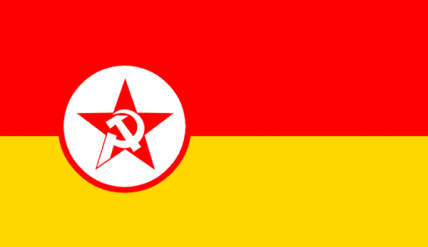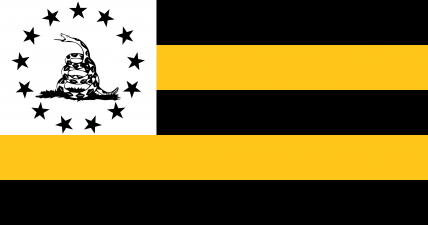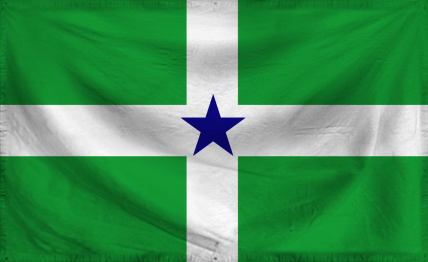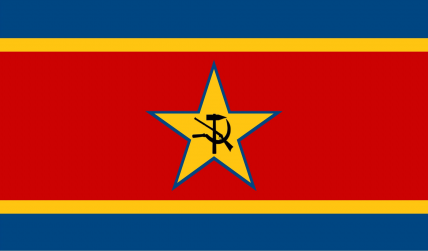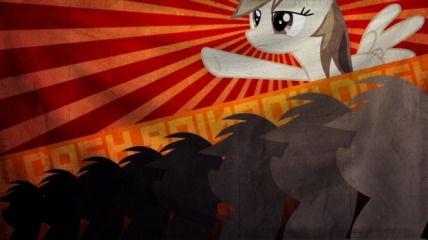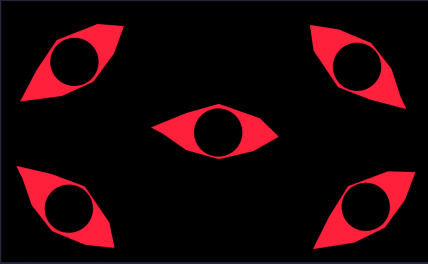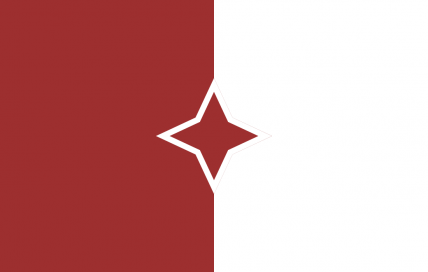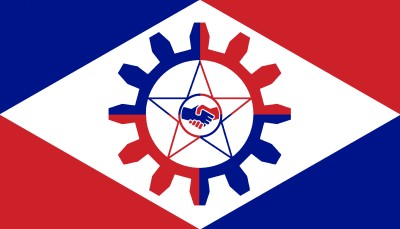- Code: Select all
[spoiler][b]Freedom and Political Power[/b]
By degree of civil and political rights:
[_] Liberal or libertarian: considerable level of civil liberties and political freedoms upheld
[_] Authoritarian: restriction of political activities and personal autonomy
[_] Totalitarian: total control of society in adherence to state ideology
By level of democracy:
[_] Democracy: rule by the voting public
[_] Dictatorship: rule by unelected rulers
[_] Hybrid regime: mix of democracy and dictatorship
[_] Anarchy: a stateless or non-hierarchical society
By distribution of political power:
[_] Autocracy: highly consolidated in single dictator
[_] Oligarchy: widely distributed among ruling elites
[_] Representative democracy: rule through elected representatives
[_] Direct democracy: direct decision making by voters
[_] Participative democracy: mix of representative and direct democracy
[_] Lottocracy: random selection of politicians from population
By unelected groups which control the government:
[_] Aristocracy: hereditary, privileged elites
[_] Technocracy: those with specific expertise
[_] Noocracy: those with general intellect
[_] Theocracy: religious officials representing state religion
[_] Plutocracy: the rich, according to their wealth
[_] Stratocracy: members of the military
[_] Corporatocracy: a single or few business corporations
[_] Particracy: one or more political parties, through their cadres
[_] Ethnocracy: a racial or ethnic group with legal supremacy
[_] Bureaucracy: unusually powerful civil servants
[_] Kritarchy: judges, acting as political leaders
[_] None: elite groups have limited control over the government
[_] Other: (describe here)
[b]Legislature and Elections[/b]
By number of chambers/houses in legislature:
[_] Unicameral: only one chamber
[_] Bicameral: an upper and lower chamber
[_] Multicameral: three or more chambers
[_] No legislature: an advisory council acts as a consultative assembly with no legislative power
By electoral system for lower or only chamber:
[_] Proportional system: % share of votes determines share of seats
[_] Majoritarian system: seats won based on plurality or majority in each district
[_] Mixed system: compromise or combination of majoritarian and proportional systems
[_] Indirect or no election: elected or appointed by other politicians
By party system:
[_] One-party system: only one party is legally able to rule
[_] Dominant-party system: one party rules without effective opposition
[_] Two-party system: two opposing parties with limited third party competition
[_] Two-and-a-half-party system: two dominant parties with significant third party role
[_] Multi-party system: many political parties compete with each other
[_] Non-partisan system: political parties are absent from elections and political office
[b]Head(s) of State and Government[/b]
By type of head of state:
[_] Republic: legitimacy of head of state formally derived from the people
[_] Constitutional monarchy: monarch has few actual powers by law or in practice
[_] Semi-constitutional monarchy: monarch exercises considerable but limited powers
[_] Absolute monarchy: absolute power resides in the monarch as the face of the nobility
[_] Hereditary republic: type of republic similar to monarchy, position of president-for-life inherited by political dynasty
[_] Elective monarchy: monarchy is chosen by group of people, not necessarily the public
By selection of head of government:
[_] Parliamentary system: chosen by confidence of legislature, head of state usually symbolic
[_] Presidential system: chosen independently of legislature, often head of state as well
[_] Semi-presidential system: power shared between parliamentary head of government and presidential head of state
[_] Provisional government: part of transitional government or coup junta following regime change
[_] Ex officio leader: in office by virtue of leading separate institution such as ruling party, state religion, or royal house
[b]Separation of Authorities[/b]
By civil-military relationship:
[_] Civilian rule: civilian politicians have control over the military and its major decisions
[_] Military rule: military officers have an extensive role in major political decisions
By church-state relationship:
[_] Religious state: recognizes an official religion, can be (but not necessarily) theocratic
[_] Secular state ("soft secularism"): protects religious freedom through tolerance
[_] Secular state ("hard secularism"): separates religious practices from public life
[_] Atheist state: opposes the existence of religious faith
[b]Laws and the Constitution[/b]
By legal system(s):
[_] Common law: legal precedent from judges has significant role, adversarial court system
[_] Civil law: emphasis on codified laws from legislatures, inquisitorial court system
[_] Religious law: derived from interpretations of religion(s)
[_] Customary law: informal or traditional legal systems
[_] Socialist law: civil law adapted to Marxist-Leninist ideology
By form of constitution:
[_] Written constitution: supreme law of the land is codified in single document
[_] Unwritten constitution: uncodified body of customs, precedents, and various laws
[_] Constitution suspended: current government has no constitutional basis or martial law has been declared
[b]The Economy[/b]
By ownership of means of production:
[_] Capitalism: private ownership of means of production, for profit, to invest in further economic activity
[_] Socialism: social ownership of means of production by the entire public, workers, and/or communes
[_] Neither: other form of ownership
By resource allocation:
[_] Market economy: relies on the market to distribute products based on supply and demand
[_] Planned economy: directs economy according to state planning to achieve desired results
[_] Mixed economy: makes significant use of both markets and planning
[_] Neither: other form of allocation
By historical and theoretical economic systems:
[_] Communism: stateless, classless, and moneyless society
[_] Distributism: private property owned evenly as possible, centers on communities and families
[_] Autarky: total or near total isolation from international trade
[_] Mercantilism: increase of exports, decrease of imports, and colonial expansion
[_] Feudalism: manorial system defined by peasants farming under lords
[_] Slave-based economy: dependent on slavery for labor, often in plantations
[_] Hunter-gatherer society: non-sedentary bands of foragers
[_] None: none of these systems are present
[_] Other: (describe here)
[b]Sovereignty and the State[/b]
By autonomy of subdivisions:
[_] Unitary state: all powers are vested in the central government
[_] Devolution or decentralization: self-government exists, but may be revoked by central government
[_] Federation: self-government is entrenched in the constitution
[_] Confederation: cohesive military and economic league between governments
[_] Supranational union: central authority with loose decision making powers over member states
By sovereignty:
[_] Sovereign state: a state with independence from other states and control of its own territory
[_] Client state: a smaller state strongly influenced or controlled by a stronger one
[_] Occupied territory: a territory which has been invaded or annexed by another state
[_] Empire: one state has control over many states or territories
By state stability:
[_] Consolidated state: no imminent threats to public services or law and order
[_] Fragile state: severe decay of governmental functions other than national security
[_] Failed state: extensive loss of perceived legitimacy and monopoly on force
[_] Collapsed state: central government no longer exists in practice
[b]Additional Notes[/b]
By official or dominant ideology:
[_] There is one: (describe here)
[_] None: no overall ideology in power
Questions? Comments? Information about YN’s political system not included in any section?[/spoiler]
OOC notes:
Some parts might be complicated for different reasons. If YN is an anarchist society, depending on what that looks like for you, much of the survey may not apply. Leave non-applicable questions blank. Other governments, such as directorial systems, may not be listed because a complete list would add far too many questions solely about uncommon systems. Specify this on the question at the end and interpret sections which may be affected to the best of your ability.
I’m also going to chart the responses when I have time, so y’all can see what political systems are the most common in NS. I’ll be updating that occasionally. Also, please correct my spelling errors, I never find them until I actually post something.


